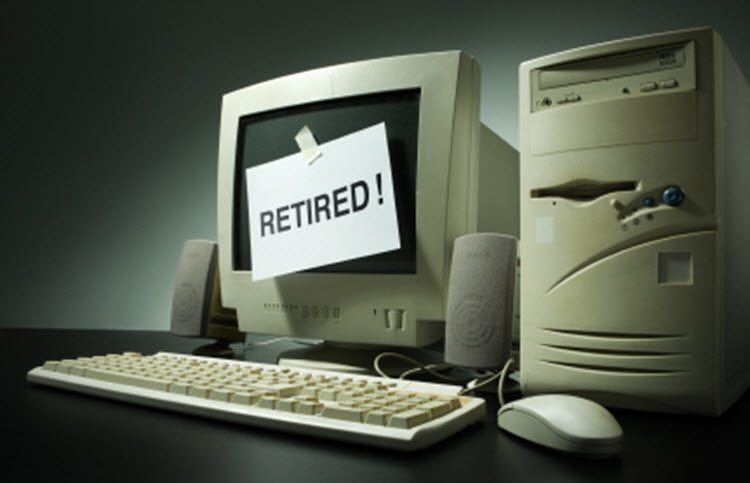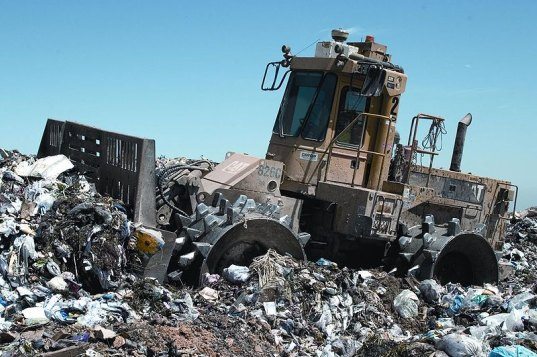
Why exactly is Electronic Waste Considered Hazardous?
The EPA (federal Environmental Protection Agency) has dumped electronic waste into a special category of materials dubbed ‘universal waste’. The category includes any material that would usually be deemed hazardous waste, but presently the hazardous substances are contained within and pose no immediate threat.
Universal waste is considered hazardous once electronics disposal has been carried out, and particularly so if the final disposition ends up in a landfill. What happens when electronic gadgets (from batteries to phones to computers and more) sit in a landfill for a prolonged period of time is that the chemicals in them start seeping into the ground and water resources.
These dangerous chemicals have grievous impacts when they come into contact with anything living, be it humans, animals, the environment even.
The Kit and Caboodle
So, yes, the chemicals contained in e-waste are what makes it dangerous for humans and the environment. But any idea what these chemicals are?
Well, here’s the skinny.
Mercury
Mercury is increasingly becoming a huge concern especially in newer technology given the reliance on batteries and products like LCD screens.
When it enters the body, it bio-accumulates. In other words, the mercury is never flushed. Over the course of time, it builds up and may ultimately lead to liver and brain damage.
Lead
The chief culprits of lead holders are CRTs (cathode ray tubes) which include older television sets and monitors. Thankfully, they are going obsolete. But this also means more waste ending up in landfills.
Lead is dangerous in the sense that it causes kidney damage as well as various forms of cancer, just to mention a few of the grave dangers.
Dioxins
Dioxins are a family of chemicals that are another area of concern when it comes to e-waste recycling. In fact, they are so toxic that electronic manufacturers are keen not to add them deliberately to their products. They are formed when electronic parts are burned or melted.
Dioxin ingestion (not deliberate, obviously) causes major birth defects, hampers development, impairs growth, and stifles the immune system function.
This is partly the reason companies need to be cautious who they do disposition business with because some malicious parties end up disposing the e-waste overseas where some communities burn it or try to extract precious metals using acid baths.
Circuit board manufacturers are one good example of manufacturers trying to eliminate brominated flame retardants that turn into dioxins when burnt by using something safer. One downside with the retardants is that they tend to evaporate from the board’s plastic leading to buildup of indoor dust.
Others
The above are just a few of the harmful substances found in electronics.
Typical consumer electronics also contain a rich cocktail of chemicals and compounds. They include arsenic, beryllium, cadmium, selenium, and PCBs.
Containing these harmful substances is of the essence to avoid posing threat to workers involved in disposition and the communities where the e-waste ends up. Moreover, if processed properly, most of these parts can be reused. Speaking of recycling…
When dealing with electronics recycling companies, it pays to work with one certified by R2/RIOS and e-Stewards. They ensure the company meets various requirements related to health and safety controls in the workplace – not to mention providing oversight to and maintaining employee health.
A reputable e recycling company also ensures e-waste is managed responsibly, safely breaking down the electronics and sending the separated hazardous components for re-processing.
